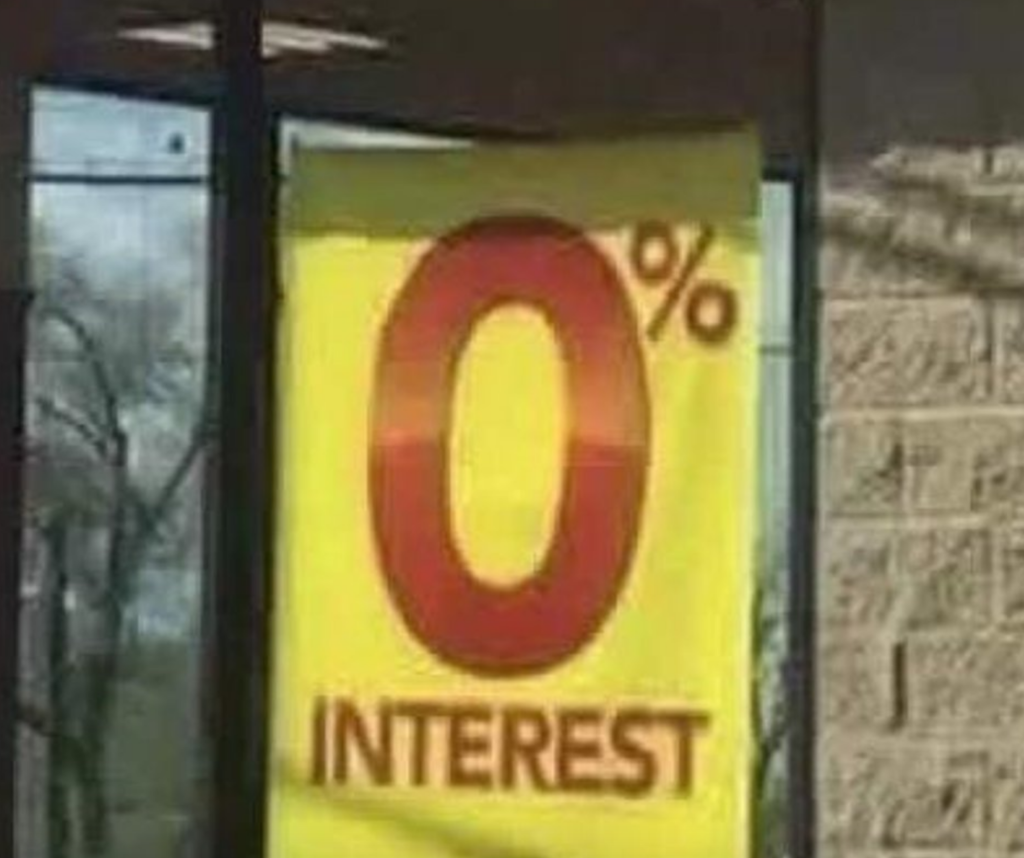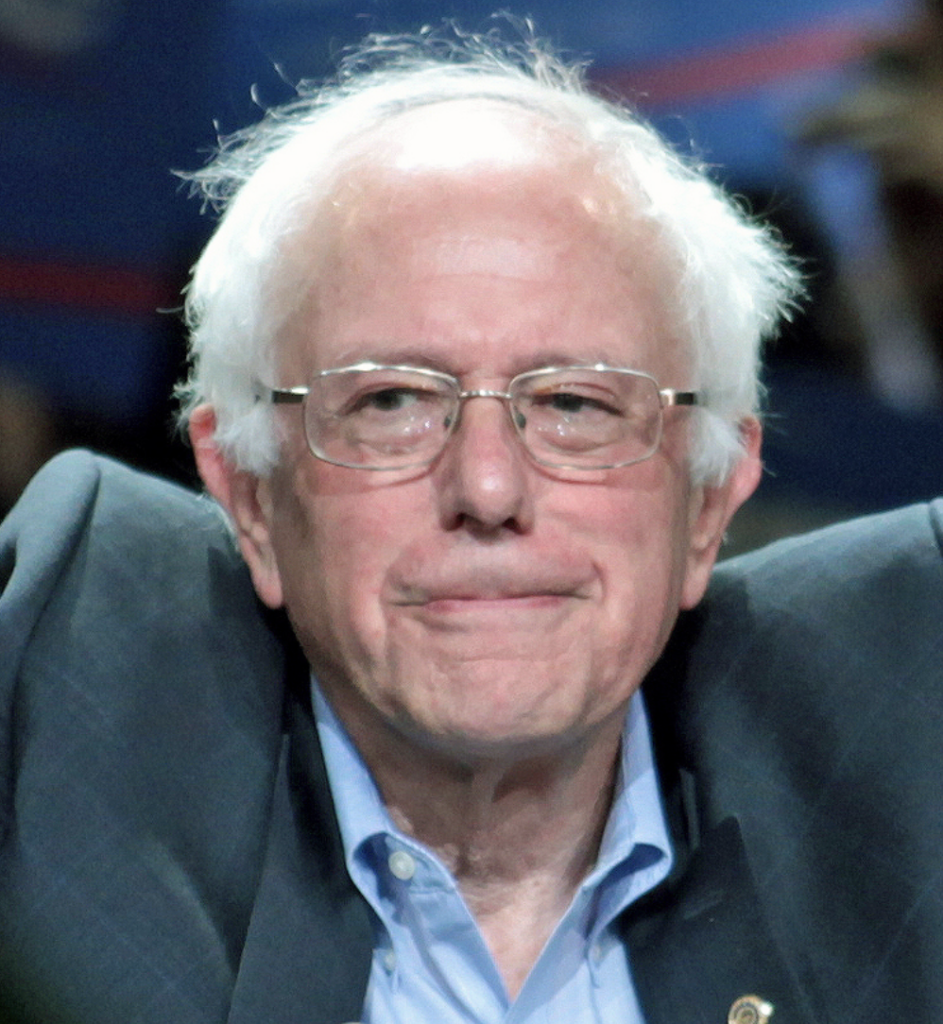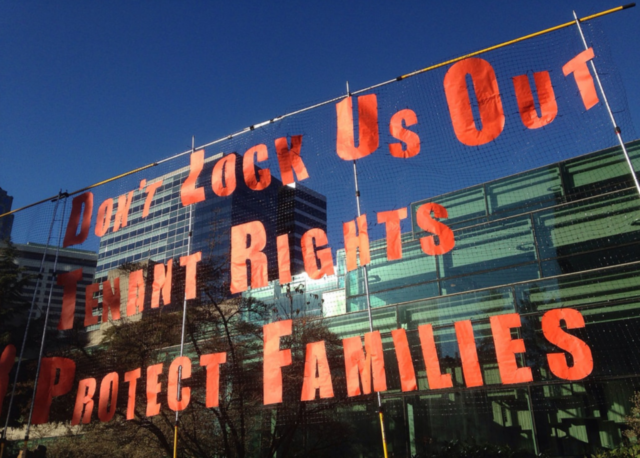
A brief word on the presidential candidacy of Joe Biden.
- No, I’m not considering voting for Joe Biden in the caucuses/primaries.
- No, I won’t vote for Joe Biden in the general election if he’s the nominee.
- No, I’m not interested in reconsidering this position.
- Yes, I’ll think less of you if you vote for Joe Biden.
That’s OK, though. We can still be friends. Carry on with your day.



